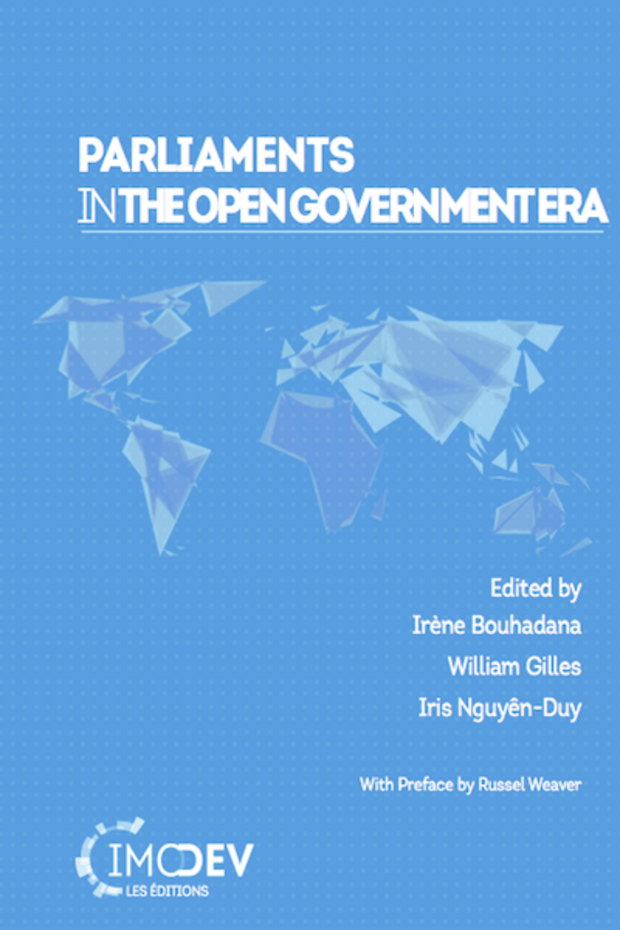Parliaments in the Open Government Era
I. BOUHADANA, W. GILLES & I. NGUYÊN-DUY (sous la dir.) - R. WEAVER (Preface)
With preface by Russell Weaver.
Irène Bouhadana is a tenured Associate Professor at the Sorbonne Law School (University Paris 1 Panthéon-Sorbonne) where she is director of the master of Digital Law. Member of the Institut de Recherche Juridique de la Sorbonne (IRJS), she is also Co-Founder and Secretary-General of IMODEV, the Institut du Monde et du Développement pour la Bonne Gouvernance Publique. She writes extensively about open government, e-government and digital law issues.
William Gilles is a tenured Associate Professor (H DR) at the Sorbonne Law School (University Paris 1 Panthéon-Sorbonne) where he is director of the Chair of the Americas, of the Bachelor of Public Administration, and of the Master of Digital Law. Member of the Institut de Recherche Juridique de la Sorbonne (IRJS), he is also Co-Founder and President of IMODEV. He writes extensively about open government, e-government and digital Law issues.
Iris Nguyên-Duy is a postdoctoral fellow at the Law Faculty (University of Oslo). She is specialized in Comparative Public Law and writes about constitutional and administrative Law issues. She published a book on the sovereignty of the British Parliament and is now focusing on the main Legal challenges experienced bu the Norwegian Parliament in the 21st century.
L'ouvrage est épuisé.
'Open Government' is a doctrine requiring that governments commit to a high level of transparency and provide mechanisms for public scrutiny and supervision, so as to ensure public trust, governmental accountability and a better functioning democracy.
Yet, while the idea of "open government" is slowly but surely spreading, inter alia in Europe, America and Oceania, much remains to be done. Indeed, even in Norway, whose commitment to open government is recognized worldwide, many aspects are still in need of improvement.
The collection of essays in this book explores these important issues and raises fundamental questions regarding the role national parliaments plays - or ought to play - in promoting openness and transparency. Additionally it continues some reflections on the various ways they handle these challenges in a context of internationalization and europeanization.
The book aims at contributing to an international and constructive dialogue towards more democratic participating and transparency worldwide, especially via or with the support of the parliamentary institutions.
Content
Preface - Russell L. WEAVER
Part I - Open Government in a Comparative Perspective
The Norwegian Experience with Open Government - Iris NGUYÊN-DUY
Parliamentary Questions and Open Government - Shane MARTIN
The Recall: a Mechanism for Increasing Accountability and Open
Government ? - Matt QVORTRUP
Open Government, French Parliamentary Allowances and the "Réserve
Parlementaire" in a Sousveillance Society - William GILLES
Congress and Transparency - Russell L. WEAVER
Transparency of Australian Parliaments - Margaret ALLARS
Part II - Upholding the Idea of Open Government in the Context of Internationalization and Europeanization
Opening Parliaments in the Open Government Era. Comments on the
Declaration on Parliamentary Openness - Irène BOUHADANA
Open Government: Challenges Arising from Europeanization and
Internationalization - Helle KRUNKE
Open Government and Environmental Protection: Transparency and
Secrecy in a Dangerous World - Irma S. RUSSELL
Are Parliaments (More) Committed to the Trend of Open Government
After the Lisbon Treaty? The Italian and the Spanish Cases - Cristina FASONE & Diane Fromage
What Type of Parliamentary Conduct does the European Court of Human Rights Promote? - Matthew SAUL


